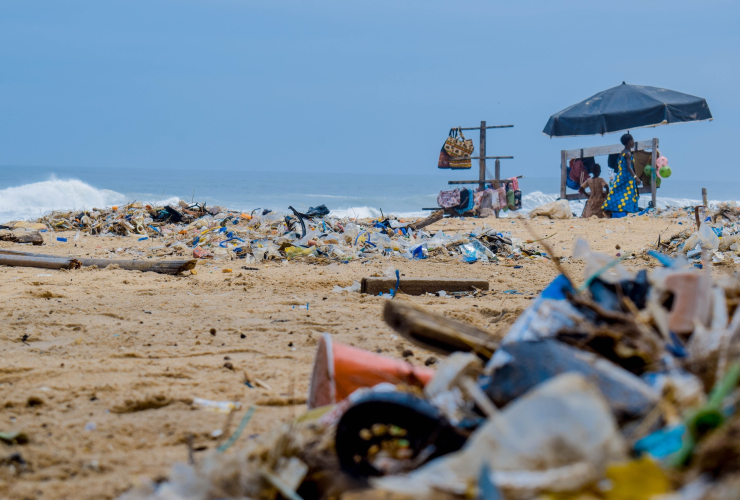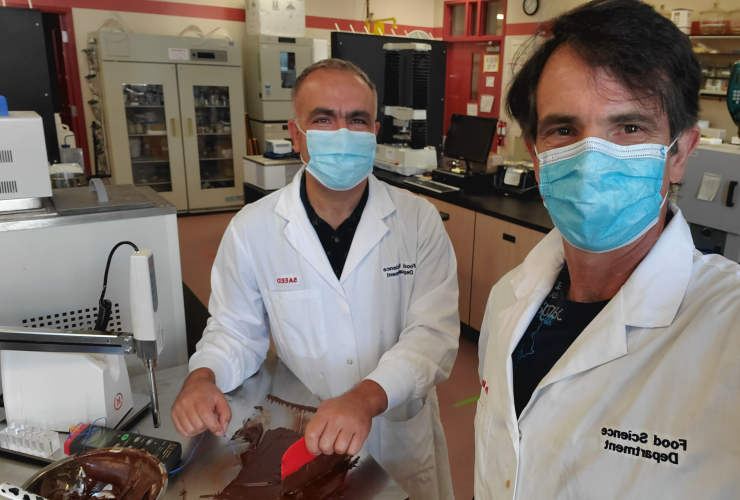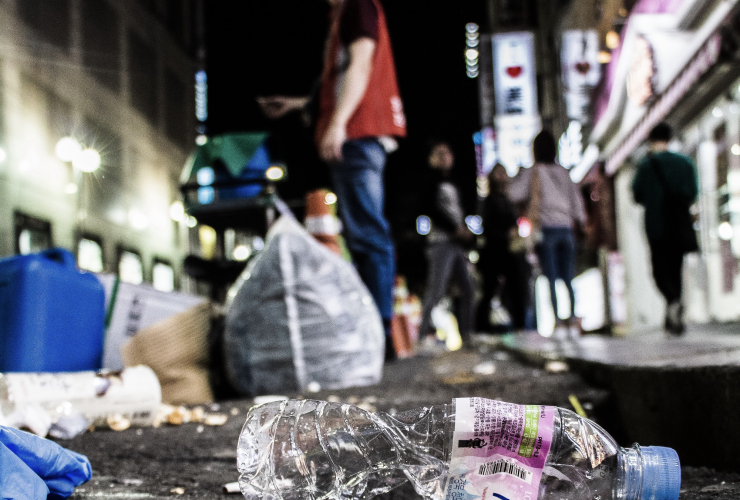Marc Fawcett-Atkinson

Journalist | Vancouver |
English
French
About Marc Fawcett-Atkinson
Marc Fawcett-Atkinson is a reporter and writer covering food systems, climate, disinformation, and plastics and the environment for Canada’s National Observer.
His ongoing investigations of the plastic industry in Canada won him a Webster Award's nomination in environmental reporting in 2021. He was also a nominee for a Canadian Association of Journalists's award for his reporting on disinformation.
Marc has previously written for High Country News, the Literary Review of Canada, and other publications on topics exploring relationships between people and their social and physical environments.
He holds an M.A. in journalism from the University of British Columbia and a B.A. in Human Ecology from the College of the Atlantic.
Election 2021: What does the campaign mean for your dinner?
For many Canadians, the pandemic wasn't just a public health emergency — it was a food crisis.
UN warns farm aid needs overhaul to end hunger and climate change
The world risks widespread hunger and climate chaos unless countries end billions in subsidies to industrial farms and use the savings to support smaller and more diverse farms, a new UN report warns.
This election could decide how Canada fights plastic pollution. Here's where the parties stand
Climate change and COVID-19 aren't the only issues on the ballot this election: Plastic is driving a global pollution problem, and Canada's future efforts to end it are on the line.
Does Canada support a plastics treaty?
A global agreement to curb plastic pollution is a few steps closer to becoming a reality after several countries, including the European Union — but not Canada — backed a draft resolution that will speed up negotiations towards an agreement.
A ‘minor’ molecule could make your chocolate sustainable
Chocolate lovers could soon be feasting on more sustainable chocolate with the help of a microscopic molecule that could drastically reduce the energy needed to manufacture their favourite treat, researchers have found.
How fair is your Fairtrade coffee?
Coffee farmers have a problem. Even with global coffee prices surging in 2021, extreme weather in Brazil, the world's largest coffee exporter, and social upheaval in Colombia are making it difficult for small producers worldwide.
Climate change is battering farmers with a new plague — ticks
Experts warn cases of Lyme disease could become more common as climate change puts farmers, foresters, and others who work the land at greater risk of tick-borne illnesses.
The secretive scrap plastic trade between Canada and the U.S.
Canada and the U.S. share an $18.8-million scrap plastic trade, sending truckloads of waste across the border every day. But what happens to these shipments after they've crossed international boundaries?
Why ocean mining could endanger your tuna sandwich
With demand for dozens of metals surging worldwide, companies are racing to develop machines capable of digging up the seabed hundreds of miles offshore.
Why Big Plastic wants you to worry Trudeau is taking over your recycling bin
New rules to end plastic pollution in Canada are under "misleading" attacks by a shadowy coalition of Canadian plastic manufacturers, environmental advocates warn following the release of a new survey.










